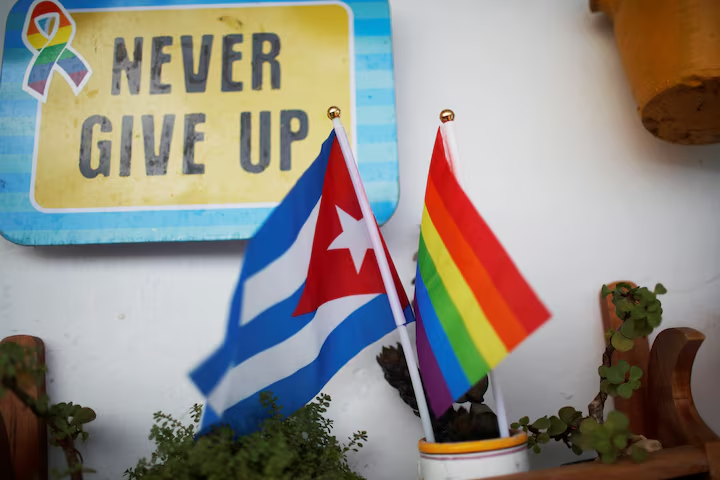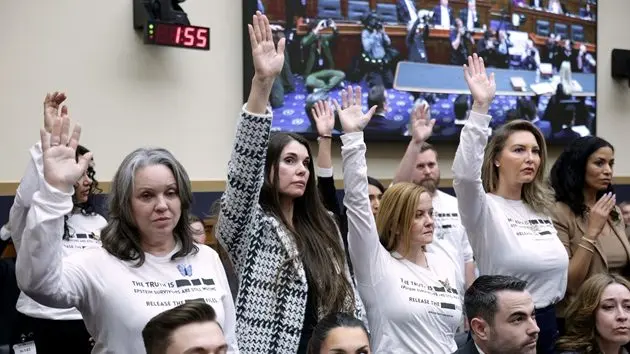Cuba’s Transgender Community Sees Hope in Groundbreaking Civil Registry Reform

For years, Danny Ortiz has lived a life split between identity and legality. Born “Daniela,” the 25-year-old transgender man has faced a labyrinth of bureaucratic obstacles in his quest to align his official identity with his lived reality. But this July, Cuba may finally offer him — and thousands like him — the legal recognition they’ve long been denied.
In a move hailed as a major milestone for LGBTQ rights on the island, Cuban lawmakers are expected to pass sweeping legislation that would allow transgender individuals to change their names and gender markers on official documents without the need for invasive proof or court intervention.
“I have plans to get married and have children,” Ortiz said, speaking from his Havana apartment shortly after his girlfriend, Nahomis Matos, administered his testosterone injection. “But first I need to change my name.”
Until now, the process for name and gender changes in Cuba has been cumbersome and discriminatory. Applicants were often required to present proof of social recognition under their chosen name, demonstrate a clean criminal record, and provide evidence of participation in workshops or events under their new identity. In some cases, genital surgery was required to change one’s gender on legal documents.
The proposed bill seeks to change all of that. It introduces an expedited administrative process that removes many of the previous barriers and empowers individuals to align their civil identity with their gender identity based on a multidisciplinary review — not medical procedures.
Fátima Abdulá Ruiz, legal advisor to Cenesex, the Cuban government’s LGBTQ advocacy center, described the measure as “a step forward in the rights of trans people.” Under the bill, Cenesex would help verify and support each application without the need for judicial approval.
The reform follows the 2022 passage of Cuba’s progressive “Family Code,” which legalized same-sex marriage and adoption. That landmark law was seen as a cultural turning point for a nation long criticized for entrenched “machista” values and for lagging behind regional peers like Argentina, Brazil, and Colombia in LGBTQ rights.
For trans woman Mia Rochel Ramos, the bill comes with bittersweet hope. Forced to abandon her nursing career five years ago due to what she calls “transphobia,” Ramos believes the legislation signals a brighter path forward.
“The next generations will have it easier,” she said, reflecting on the years of social and institutional resistance she has faced.
While Cuba continues to grapple with economic crisis and political tension, the civil registry reform could mark a historic shift in the nation’s social landscape — placing human dignity and recognition at the center of governance.
By Staff Writer, Courtesy of Forbes | June 30, 2025 | Edited for WTFwire.com
Source: Reuters
: 249







